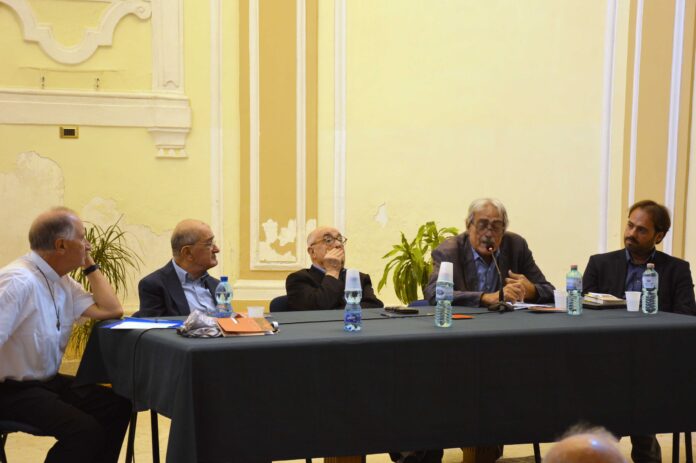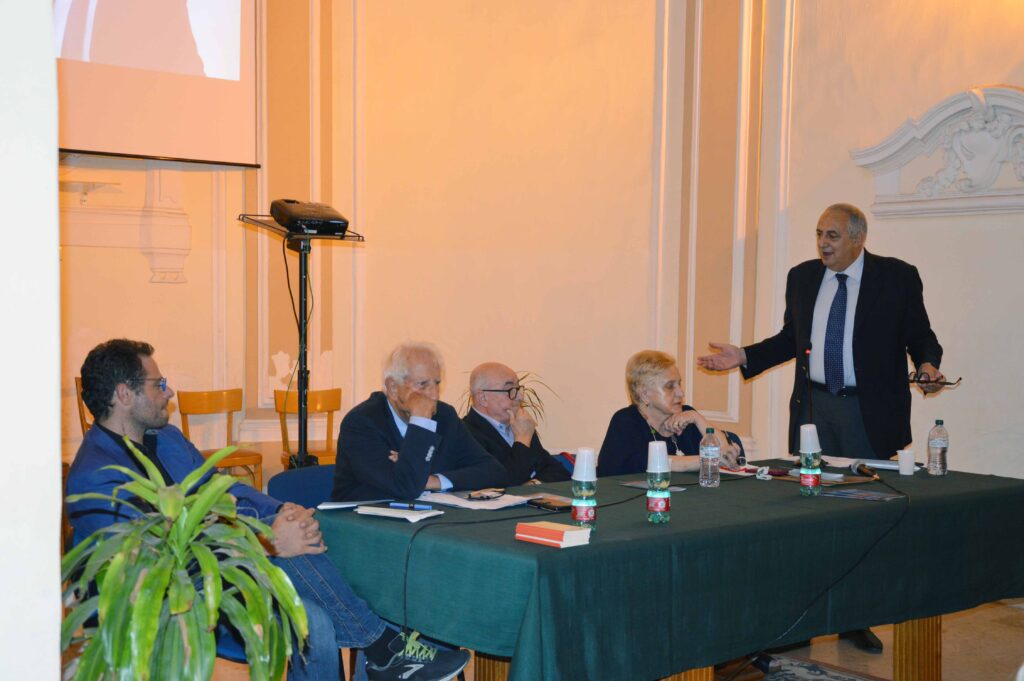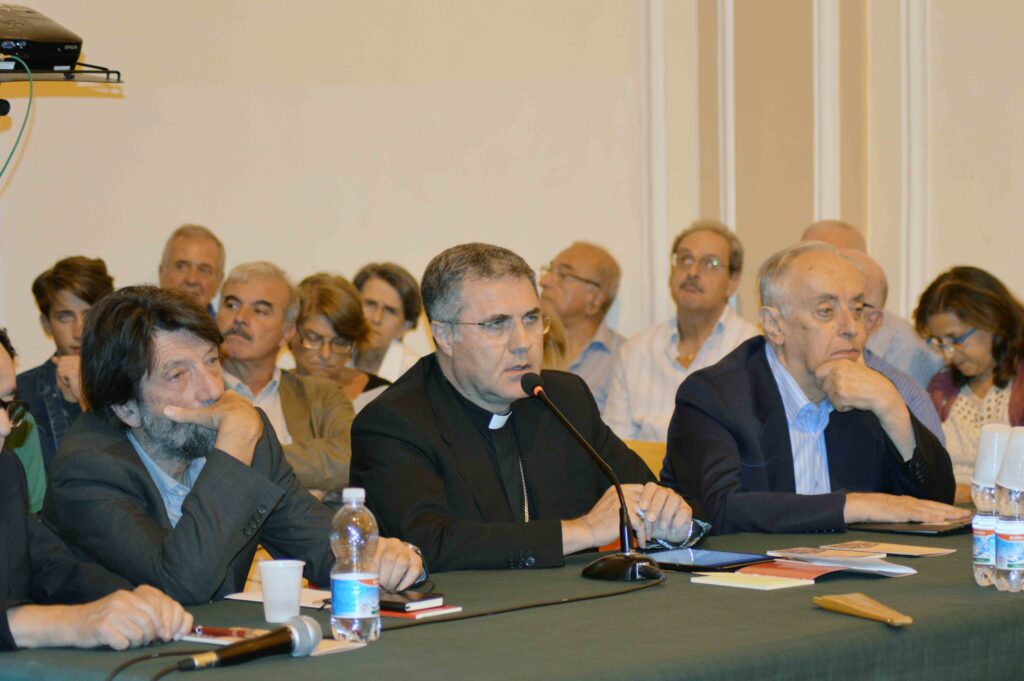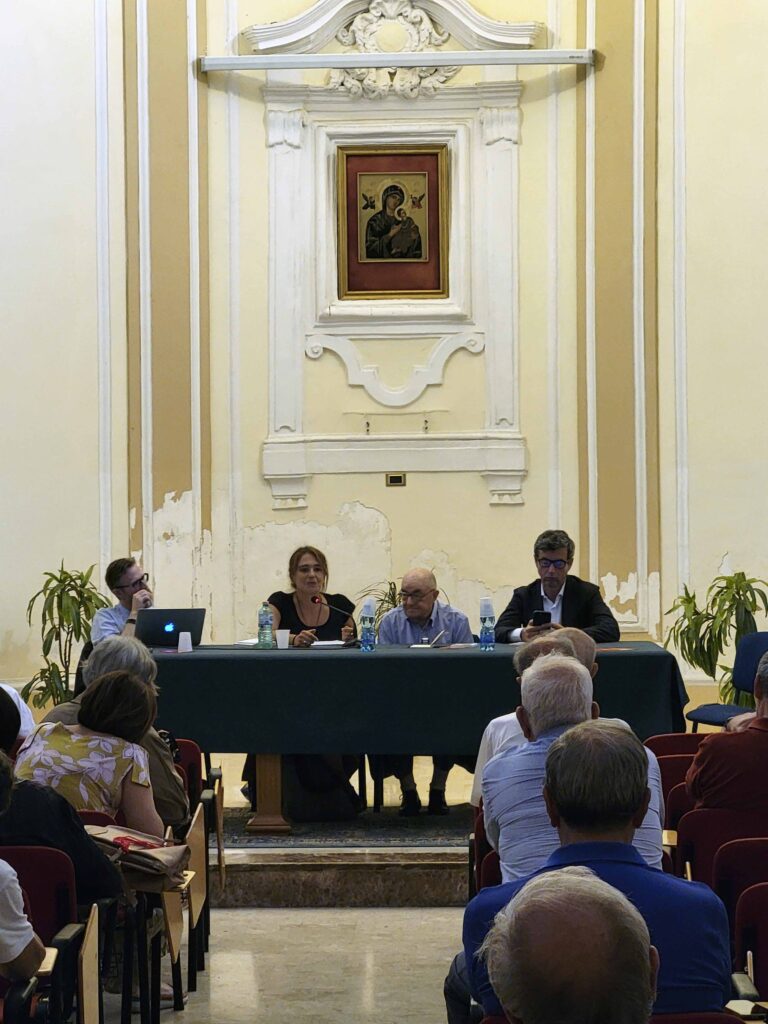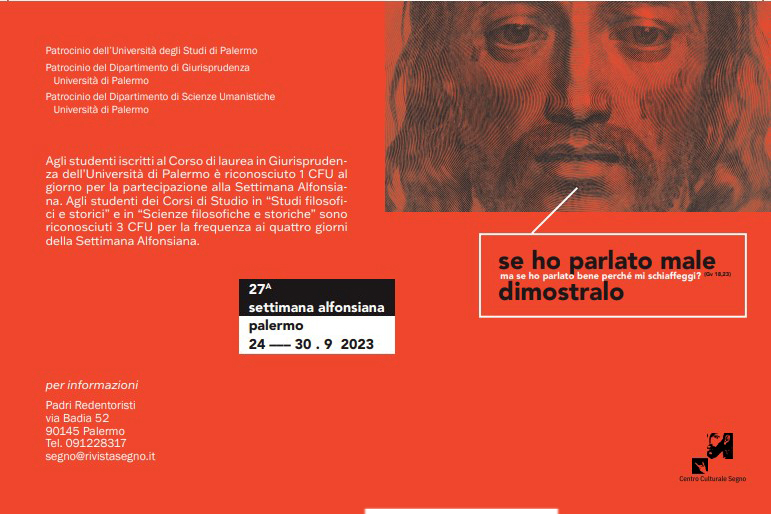For twenty-nine years in the southern Italian city of Palermo, a laudable initiative has been bringing the name of St. Alphonsus to the attention of numerous people, most of whom are engaged in the world of culture, study, and politics. It is the Alphonsian Week, which this year reached its XXVII edition: actually, for two years it could not be realized because of the pandemic.
It all began back in 1995. The Redemptorist community of Via Badia, together with a good and enthusiastic group of lay people, promoted this secular and cultural initiative. A continuity to this event has been ensured so far by Redemptorist Fr. Nino Fasullo, who rightly attests today that without the faithful and constant contribution of the laity, the small seed sown almost thirty years ago could not have taken root, nor produce life.
The idea was as simple as it was ingenious: inspired by a predominantly biblically inspired theme, the Week sees a large group of participants gather in the afternoons from Monday to Friday, ready to listen to and engage with university professors, politicians, writers, journalists, magistrates, biblical scholars, and sociologists, who are different every day: speaking, generally, are four to five “experts” for each afternoon. Each offers his or her own reflection, directly inspired by the theme of the year. St. Alphonsus and his message are there in the background, some call him out and some do not, but all are aware of the relevance of his contribution to the history of the Church, and the repercussions it has on social and political life.
For example, the XXVII edition of this initiative, celebrated this year from Sept. 24 to 30, was held confronting Jesus’ question to the soldier who was beating him, “If I have spoken evil, prove it; but if I have spoken good, why do you slap me?” (Jn. 18:23). A theme, as one can imagine, open to many others: the gratuitousness of violence, the overpowering of the powerful, the confrontation between faith and reason, etc.
It must be given credit to Fr. Nino and his collaborators that over all these years they have managed to be involved in this ‘initiative by illustrious and prominent personalities from the Italian cultural and political scene, and from the Redemptorist world itself. To mention the names of Romano Prodi, Massimo Cacciari, Fausto Bertinotti, Alberto Maggi, Marciano Vidal, and Francesco Chiovaro is just a way of mentioning a few, doing wrong to others.
In addition, and significantly, the Week opens and closes with a pair of classical music concerts, both performed in places of exceptional charm and artistic value in the Sicilian capital.
Obviously, this initiative is not an episode as an end in itself: it is connected to an intense and constant action of political and Christian formation especially in the line of legality, and the formation of conscience in the political sphere. Saint Alphonsus de Liguori School of Advanced Studies in Legal Sciences was an instrument of this for years until the pandemic forced its suspension. The monthly magazine “Segno” continues to be an important element of it, also a place of confrontation with many voices, at the service of civil society and its true progress. And all this, in the face of a challenge represented in Sicily and not only by the temptation of illegality and the instrumental deformation of consciences.
Fr. Serafino Fiore, CSsR.



